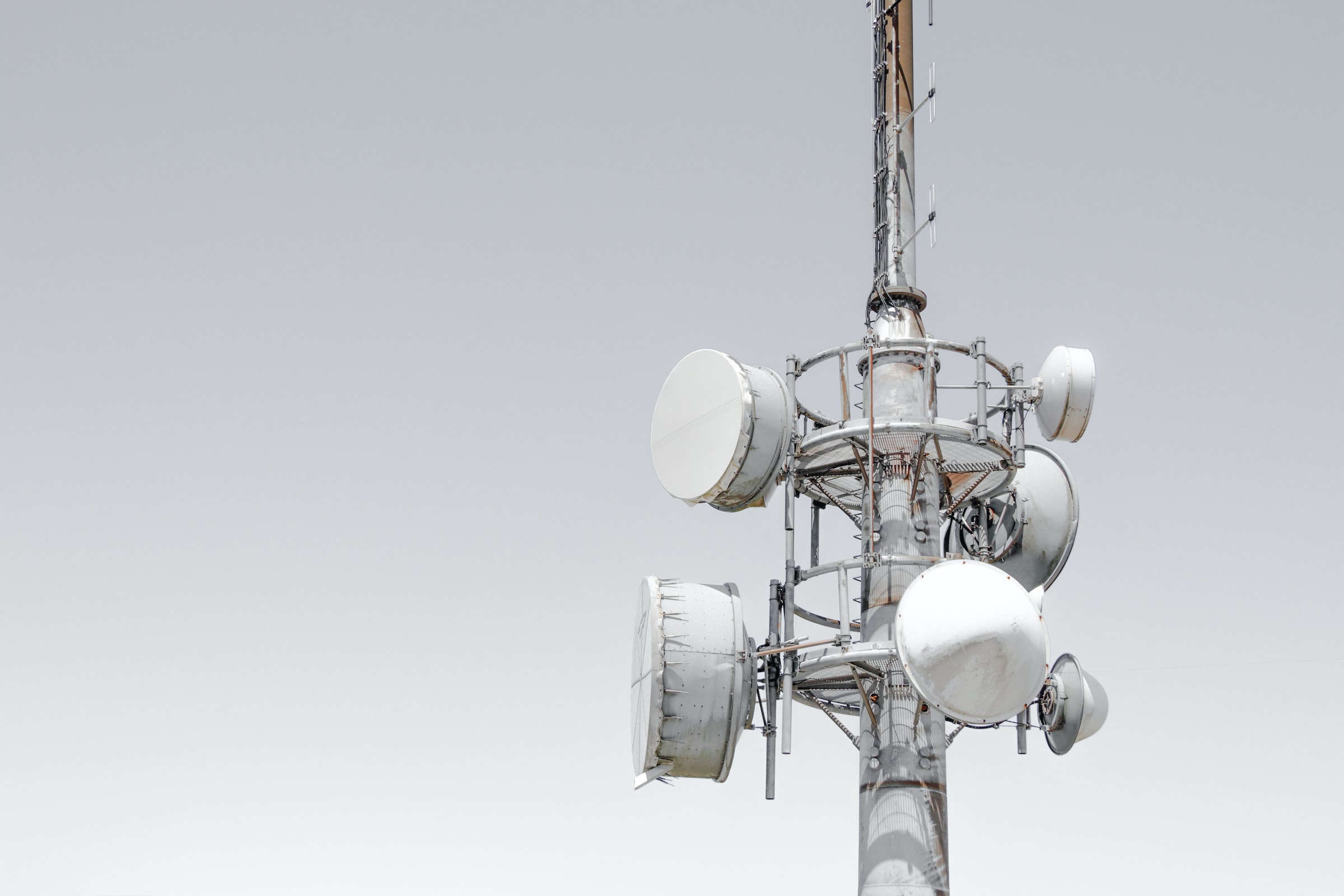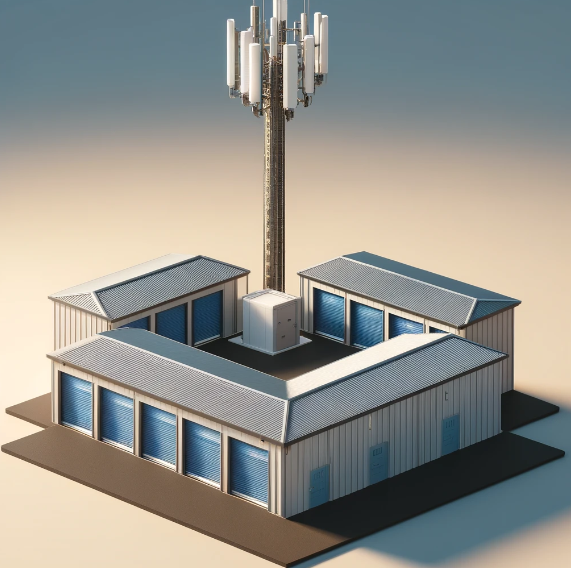Smart Cell Site Deployment Benefits Hoteliers

How Smart Cell Site Deployment Can Benefit The Hotel Industry
In 2012, wireless subscriber use surpassed 100% – meaning that the average person in the US had more than one wireless device – and this trend is not going to end any time soon! In fact, wireless data use is expected to quadruple in the next five years, so it’s best to prepare in advance. Wireless carriers network infrastructure plans were originally intended to optimize and enable voice traffic, as opposed to data; however, this strategy has changed dramatically in the past year or two. The Big Three wireless carriers (Verizon, AT&T, and T-Mobile – who now owns Sprint) are currently racing to finalize their 4G LTE deployment nationwide – and the focus is on upgrading to 5G more than ever before. In fact, according to CTIA, the leading non-profit authority on the wireless industry, in March of this year, Smartphone use (in minutes) surpassed TV use for the first time ever: 151 to 147 minutes per day respectively (with laptop and tablet using treading at 103 and 43 minutes).
Contact Us
Wireless carriers invested over $25 billion in 2013 to improve their wireless networks, and 2014 is likely to be no different. This capital is going primarily to new cell site development and to fund LTE modifications on existing cell sites, both of which benefit hotel owners by providing additional revenue to the owner and improved wireless service to their visitors.
Currently there are approximately 321,000 cell sites in the United States (of which we would estimate that 1-2% are located on hotel rooftops). Some industry experts expect the number of cell sites to grow by a factor of 4-8 times over the next decade. Because of the NIMBY (Not-In-My-Back-Yard) effect, and a surge of community involvement at the municipal level, getting cell tower permits approved has become more challenging than ever before. Add this to the current trend to densify networks by increasing the number of smaller cell sites within a given location, and as a result, you’ll see an increase of new rooftop leases and more in-building cells, which translates to the use of buildings that have previously been ignored – in particular buildings that are used to house guests (including universities, stadiums, and hotels).
You can try to manage this all yourself; however, there is some risk that if you ask for too much that the tower company or wireless carrier might decide to relocate their tower or cell site, leaving you with no revenue. Or you may fail to negotiate the best deal and end up leaving money on the table every month. We have extensive experience renegotiating cell tower leases and can help ensure that the terms of your cell tower lease renegotiation benefit you, not the wireless companies. See our lease graph to see how much of a difference even $100/month can mean over the course of a cell site lease.
Wireless Rooftop Leases Boost Revenue And Customer Satisfaction
Hoteliers today appreciate that the passive stream of reliable revenue from rooftop cell sites is ancillary and not subject to economic fluctuations. Rooftop cell sites don’t often impact usable space since equipment is deployed on the rooftop itself. Lease rates paid by wireless carriers vary across the country, but typically stay within the range of $1,000 – $3,000/month per each individual lease. These leases are with credit-grade tenants like AT&T, Sprint, T-Mobile, and Sprint, and typically escalate at 3% per year. Additionally, termination of rooftop leases is lower compared to cell tower leases – mainly because they are less conspicuous (but also because they benefit a large group of guests).
When evaluating proposals for cell site leases, hotel owners should familiarize themselves with the following:
- Difficulty of Zoning Regulations: How restrictive are local zoning ordinances regarding the placement of cell sites?
- Availability of Suitable Alternative Rooftops or Structures: Are there other rooftops of similar height within the area that the wireless carrier is considering?
- Underlying Demographics: What population does the subject site intend to cover? In other words, how much coverage and capacity are required to satisfy demand?
This passive income stream might sound appealing, but before you raise your hand and say that you want a cell site lease, it is important to note that in 99% of existing cell site leases, the carrier first identified the specific property, after conducting its own due diligence regarding which location would best serve its deployment goals – so when they approach you regarding a new lease, it’s because they’ve already determined your location to be valuable. We would, however, caution you to beware of companies that offer to “market” your property for a percentage of revenue. First off, each of the wireless carriers has a form on their website for submittal of properties for consideration for lease. Secondly, these marketing companies rarely procure interested carriers who are not already aware of your property. So, to sum it up, there is no reason to give up a percentage of revenue from cell site leases to a third-party company who is unlikely to improve your chances of getting the lease in the first place. Either your building is unique, or it isn’t – no amount of marketing will get a wireless carrier to use a site they don’t already need.
Carrier Requests To Modify Equipment Can Put More Money In Your Pocket
Occasionally, carriers will request hotel owners’ consent to perform maintenance on their rooftop equipment – and might even offer compensation outright. Smart hoteliers, who are already party to a lease, should ask for construction drawings before providing consent and review their original lease to confirm that the proposed changes have been accounted for. Because of escalating data requirements by the wireless carriers, hotel owners are well-situated to procure new revenue from either new leases or from the modification and expansion of existing leases.
Attracting Guests By Giving Them What They Need
- 90% of companies have or intend to have mobile versions of their website and;
- 2/3 of Smartphone users expect a web page to load in four seconds or less;
It’s a no-brainer that keeping your guests happy requires more than clean sheets and soft towels. If want guests, you need to give them seamless, fast, reliable access to the Internet and to their mobile devices – from their car to their hotel room to the swimming pool and the breakfast table. The good news is that hosting a rooftop lease will benefit your guests, as well as your bottom line.










